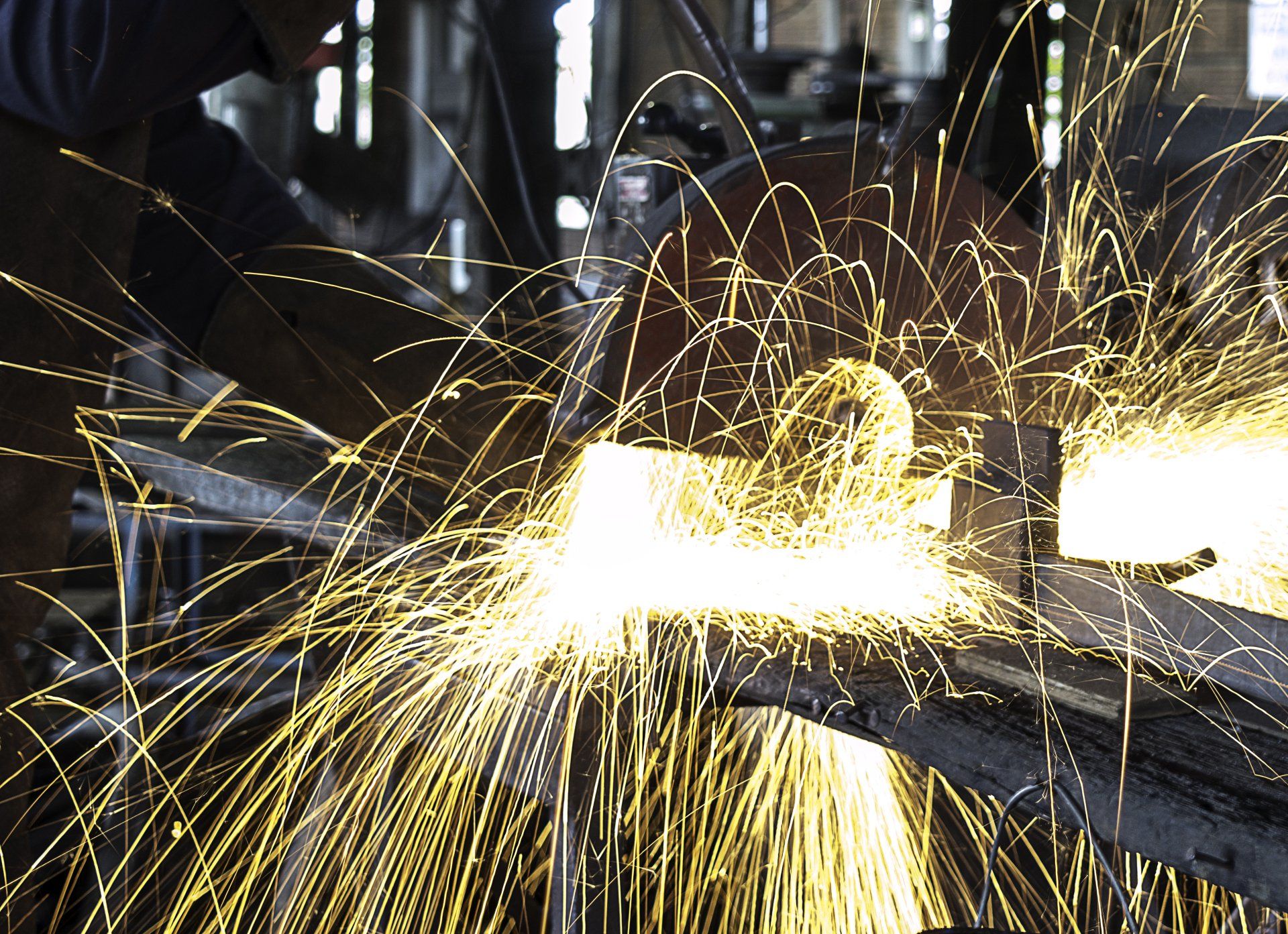Defining Company Liability and Dealing with Insurance Adjusters
Being involved in a car accident is one of the scariest and most stressful situations a person can live through. Unfortunately, an accident can be made even worse when it involves a massive 18-wheeler truck. A crash of this magnitude is likely to leave you injured and in a bad financial situation.
Most likely during your recovery period, you will have to start the investigation process to prove the truck company’s liability and then deal with both your own insurance adjuster and theirs as well.
Your Houston truck accident attorneys at Lapeze & Johns want to remind you that you do not have to face this difficult time alone. Our dedicated, experienced, and successful attorneys are here to help you through this process and will fight to get you the compensation you deserve.
Because of our commitment to help you, we want to provide those injured in a truck accident with a bit of guidance and information, so you can better understand what company liability is and how to deal with insurance adjusters.
Company Liability
A company being liable means it is legally and financially liable for a product, service, or their employees. It is important to note only a judge can determine whether a company is liable for an accident or not.
In situations such as a truck accident, your legal team will need to determine if the company is responsible for their driver’s negligence – assuming the individual is their employee. In some cases, it can be very straightforward, but in others, it is necessary to do a full analysis of the situation. That is why having a lawyer is of great importance.
The principle of respondeat superior is one of the main theories of liability. According to this principle, a company is liable for their employee’s actions as long as these actions were taken within the scope of their job.
For example, if the driver of the semi-truck crashed into your car while making a delivery because he was on his phone, the company is held liable for the employee’s conduct. The driver’s negligence while doing his job caused the accident.
Understand the Difference Between Employee & Contractor
Another factor in liability is defining whether the driver was an employee or a contractor. This is one of the first things your legal representative will need to prove since, most times, companies are not liable for independent contractors.
The difference lies in whether the company is in charge of the method and the resources needed to achieve the result they want, or if they are responsible only for the result and leave the rest to the contractor.
An easy way to know when a driver is an independent contractor is if they were driving their own truck, bought their own gas, if the company did not withhold any taxes from payment, if the driver didn’t receive any training from the employer, or if they were just paid per route or delivery.
If a driver met these specifications, they are most likely an independent contractor. In cases where the responsible party is an independent contractor, you will file a traditional car accident lawsuit and seek compensation from their insurance.
Dealing with Adjusters
Another part of the recovery process is filing your insurance claim and dealing with insurance adjusters – either your own or the responsible party’s. This can become tricky very fast. Adjusters are trained negotiators and will do whatever they can to minimize the amount of compensation you receive.
Always remember – the adjuster is not your friend.
They are working for the insurance companies and they are there to justify a minimized settlement for your claim. The lower they can justify it for, the better for their employer.
When dealing with an insurance adjuster, be mindful of everything you say, and make sure to always take notes. Also, please consider the following:
- We recommend talking to one of our Houston truck accident lawyers to make sure you have all paperwork needed to file a complete claim.
- Do not admit fault at any time. Even if they ask you if you think there was a way to prevent the accident, you must say no. You are the victim and they will try to use anything you say to put some fault on your shoulders. Do not allow this to happen.
- In most cases, the insurance adjuster will make a settlement offer soon after the accident, but this amount tends to be way under what you actually deserve. We recommend you do not accept this initial settlement offer.
- The adjuster will try to stall the process. In the state of Texas, there is a two-year time limit to file a lawsuit in civil court. By doing this they can avoid paying you a fair settlement. Do not allow them to act in bad faith.
- Seek legal protection with an experienced truck accident lawyer immediately after you have been involved in a crash.
Truck accident cases vary greatly from traditional car accidents and you should obtain legal guidance from a lawyer who has experience dealing in this arena.
The Houston truck accident attorneys at Lapeze & Johns are here to help. If you or a loved one have been involved in an accident with a commercial truck, contact us today for your free case consultation.
With 35 years of combined experience, a 95% success rate, and over $350 million recovered for clients, Lapeze & Johns are the truck accident attorneys you deserve to have on your side.



